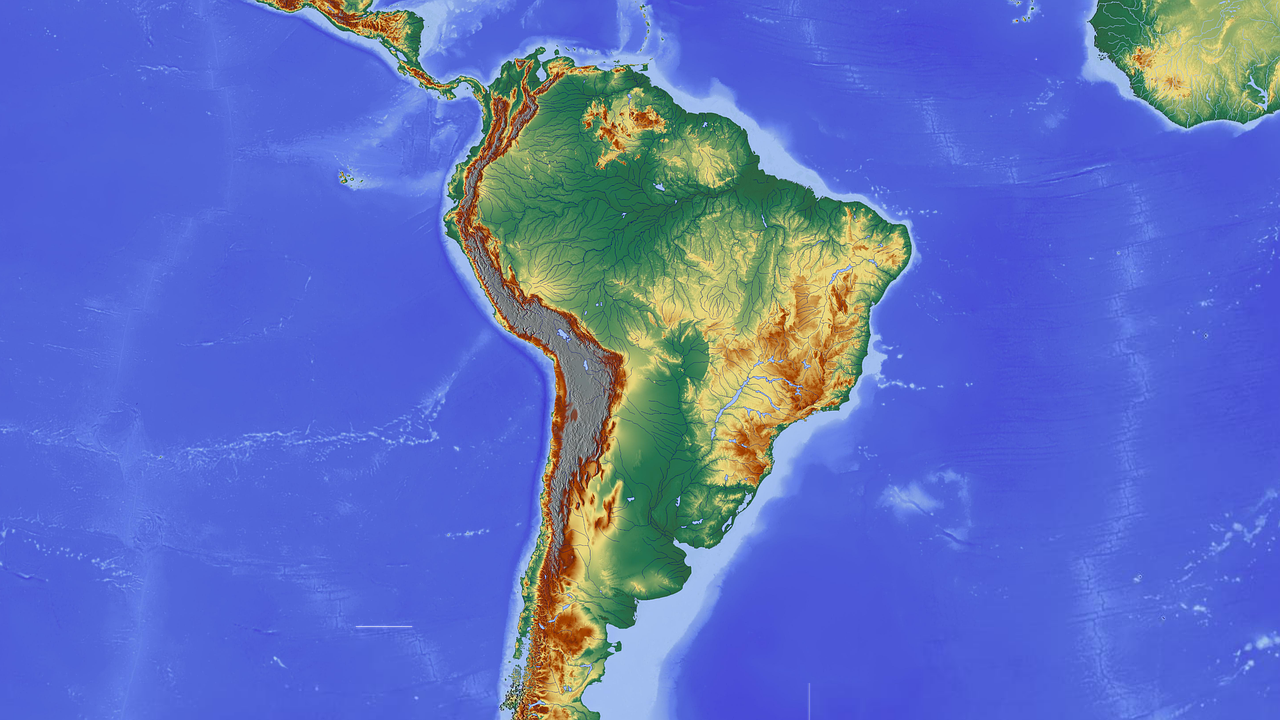Peru may have faithfully employed lockdowns, but it has failed to control the coronavirus. This article published by The Telegraph shows us that despite having the world’s strictest lockdowns, Peru has the highest excess deaths in the world. Officially, COVID-19 deaths are at 28,000, with seven in every 10 residents saying that they know someone who has died of the coronavirus. At the time of writing, Peru reached 600,000 in infection cases.
Editor’s Note: This article illustrates to us that a one-size-fits-all solution such as a lockdown can lead to devastating impacts. Was the excess deaths due to the coronavirus, or was it an unintended effect of the lockdown? We know that in many countries, the focus on coronavirus has led to the unnecessary deaths as patients with non-covid illness were unable to get the treatment they needed [see UK figures show: Lockdowns killed two for every three COVID deaths as a sample case].
Economies around the world have contracted due to the coronavirus panic. And while rich European countries have begun the long and ardous road to recovery, countries in the developing world such as Peru, continue to suffer. Poor countries will continue to feel the impact of lockdowns long after they have been lifted, and the coronavirus outbreak resolved.
With the success of the Swedish strategy as a backdrop, we may now say that Peru, and the Philippines, too, willingly imposed economic suicide for no reason at all [see Sweden’s COVID death rate now lower than Spain, Italy, and UK despite no lockdown approach, Sweden is winning against the coronavirus, Sweden’s economy in much better shape than the rest of Europe]. It is even more heartbreaking to realize that by locking down for a few months, countries have sacrificed decades of success in human development [see UNDP: Human development to decline this year for the first time since 1990].
Read Online
Click the button below if you wish to read the article on the website where it was originally published.
Read Offline
Click the button below if you wish to read the article offline.
